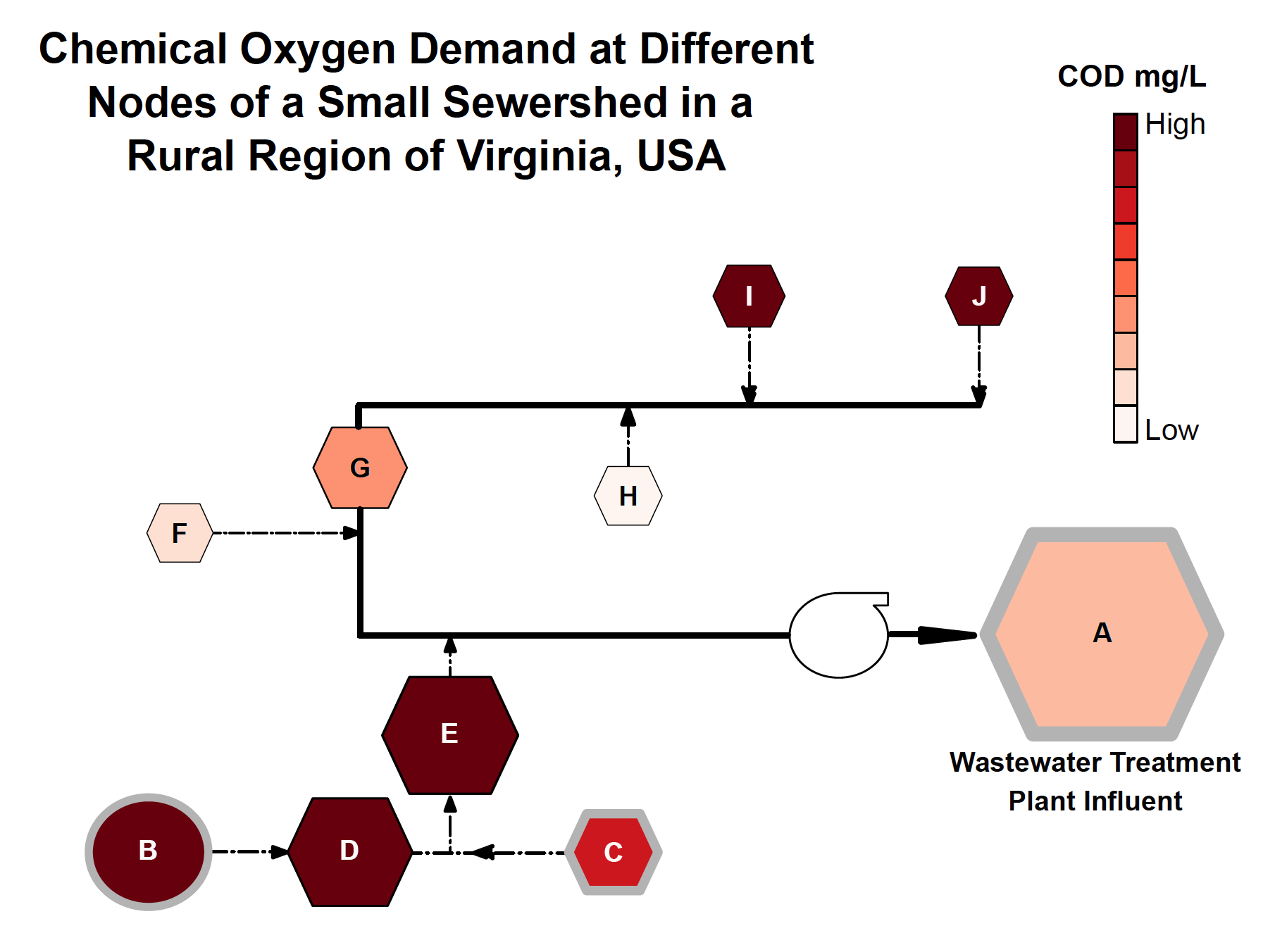Making Waves: The Benefits and Challenges of Responsibly Implementing Wastewater-based Surveillance for Rural Communities
Abstract/Summary: The sampling and analysis of sewage for pathogens and other biomarkers offers a powerful tool for monitoring and understanding community health trends and potentially predicting disease outbreaks. Since the early months of the COVID-19 pandemic, the use of wastewater-based testing for public health surveillance has increased markedly. However, these efforts have focused on urban and peri-urban areas. The potential public health benefits of wastewater-based surveillance for rural communities are substantial – though so too are the methodological and ethical challenges. Practitioner observations and research findings indicate that for many rural systems, typical implementation approaches for wastewater-based surveillance will not yield sufficiently reliable or actionable results. In this paper, we discuss key challenges and potential strategies to address them. However, to support and expand the implementation of responsible, reliable, and ethical wastewater-based surveillance for rural communities, best practice guidelines and standards are needed.
Making Waves: The Benefits and Challenges of Responsibly Implementing Wastewater-based Surveillance for Rural Communities
Authors: Cohen, A., Vikesland, P., Pruden, A., Krometis, L.-A., Lee, L.M., Darling, A., Yancey, M., Helmick, M., Singh, R., Gonzalez, R., Meit, M., Degen, M., & Taniuchi, M.
Publication Year: 2023 | Journal / Publisher: Water Research
Abstract/Summary: The sampling and analysis of sewage for pathogens and other biomarkers offers a powerful tool for monitoring and understanding community health trends and potentially predicting disease outbreaks. Since the early months of the COVID-19 pandemic, the use of wastewater-based testing for public health surveillance has increased markedly. However, these efforts have focused on urban and peri-urban areas. The potential public health benefits of wastewater-based surveillance for rural communities are substantial – though so too are the methodological and ethical challenges. Practitioner observations and research findings indicate that for many rural systems, typical implementation approaches for wastewater-based surveillance will not yield sufficiently reliable or actionable results. In this paper, we discuss key challenges and potential strategies to address them. However, to support and expand the implementation of responsible, reliable, and ethical wastewater-based surveillance for rural communities, best practice guidelines and standards are needed.
PDF on Publisher Website | PDF on OSF

